Kaiser Permanente cardiologist and research scientist now leads pioneering CARDIA study
From a young age, Ankeet Bhatt knew he wanted to pursue a career in the sciences. So it made perfect sense when, as a senior in high school, he accepted an offer from the University of Connecticut to enter its Combined Program in Medicine, which allows students to earn both a Bachelor of Science and a medical degree in 8 years. After breezing through his bachelor’s in 3 years, he gained an MBA along with his MD. Then, it was on to a residency at Duke University in North Carolina, followed by fellowships in cardiovascular disease and critical care medicine in Boston at Brigham and Women’s Hospital and Harvard Medical School — while also earning a Master of Science in epidemiology from the Harvard T.H. Chan School of Public Health.
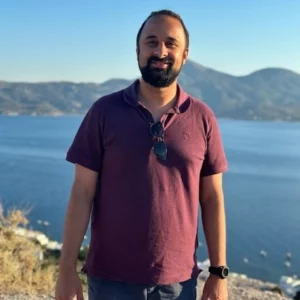 In 2022, as he was completing his fellowships, Ankeet Bhatt, MD, MBA, ScM, initiated a a job search that led him to Kaiser Permanente Northern California, where he is now a research scientist at the Division of Research (DOR) and a cardiologist with The Permanente Medical Group. He has also stepped into the role of primary investigator for the Oakland field center for the Coronary Artery Risk Development in Young Adults (CARDIA) study, a landmark 35-year longitudinal study investigating heart disease risk factors in Black and white men and women.
In 2022, as he was completing his fellowships, Ankeet Bhatt, MD, MBA, ScM, initiated a a job search that led him to Kaiser Permanente Northern California, where he is now a research scientist at the Division of Research (DOR) and a cardiologist with The Permanente Medical Group. He has also stepped into the role of primary investigator for the Oakland field center for the Coronary Artery Risk Development in Young Adults (CARDIA) study, a landmark 35-year longitudinal study investigating heart disease risk factors in Black and white men and women.
We spoke with Bhatt about his career path and his new positions.
What led you to the field of cardiology research?
My residency at Duke was my first foray into a large, global research institution. During my time as a resident, I was blessed to not only have the opportunity to rigorously learn clinical medicine, but to observe and participate in some of their exciting cardiovascular research. It was exciting to learn from folks who, through their work, were pushing the field forward. That experience led me to Boston, where I did my cardiology fellowship. There I got to see the breadth of what’s possible when you have lots of diverse expertise in very close proximity to each other, each playing different roles in clinical medicine, industry, science, engineering and research, but often with overlapping goals and missions. It was an amazing ecosystem. For me, cardiology is interesting because I always had trouble closing doors. Cardiology allows me to keep all those doors open and do many things that interest me both in clinical practice and in investigation. I love the breadth of it.
Being at Kaiser Permanente and at DOR is an incredible opportunity to lead in the science of health care delivery. For me, there is really no substitute for being embedded within an integrated health care delivery system.
Why were you interested in joining DOR?
Once I had a taste of the role of a clinician and clinical investigator, I knew that’s where I wanted to be. We hold things to a high evidence-based practice — data translates into clinical care at the bedside, and then what we do, see, and question at the bedside informs what questions we try to answer next. Being at Kaiser Permanente and at DOR is an incredible opportunity to lead in the science of health care delivery. For me, there is really no substitute for being embedded within an integrated health care delivery system.
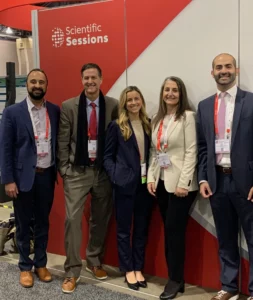
What is it like to be the primary investigator for the CARDIA study?
It’s a privilege when someone like Steve Sidney and an institution like DOR trusts you with something that’s been in operation and continuously funded by our government for 37 years. It’s also been a blessing because it’s been an operational new territory for me. It’s really opened my eyes to a whole new world of collaborators whose paths I might not have crossed otherwise. It’s also an exciting time for CARDIA. Despite all the knowledge that the study has already generated about cardiovascular health and risk factors over the life course, there is much more to do as these former young adults are now at an age where they will experience cardiovascular and other aging-related clinical events. So, I’m really excited for the next phase of our research.
What advice would you share with people who are now in medical school or in a fellowship and are thinking: What’s next?
When serendipity strikes, find your return on luck. You’re at a meeting or on clinical service and someone sitting next to you is doing something that you are interested in exploring or think you might enjoy. When those moments happen, take the time to put yourself out there in the moment and follow-up, and it may lead to something special. If you are interested in clinical investigation, seek out an opportunity. And finally work on problems you care about with people you want to work with — the work is much more fun that way.
What do you like to do in your free time?
Well, I’m new to the West Coast and I’ve been in love with exploring my new surroundings. I’ve been taking hikes in the mountains and along the coast. One of my goals for the upcoming year is to learn more about wine.
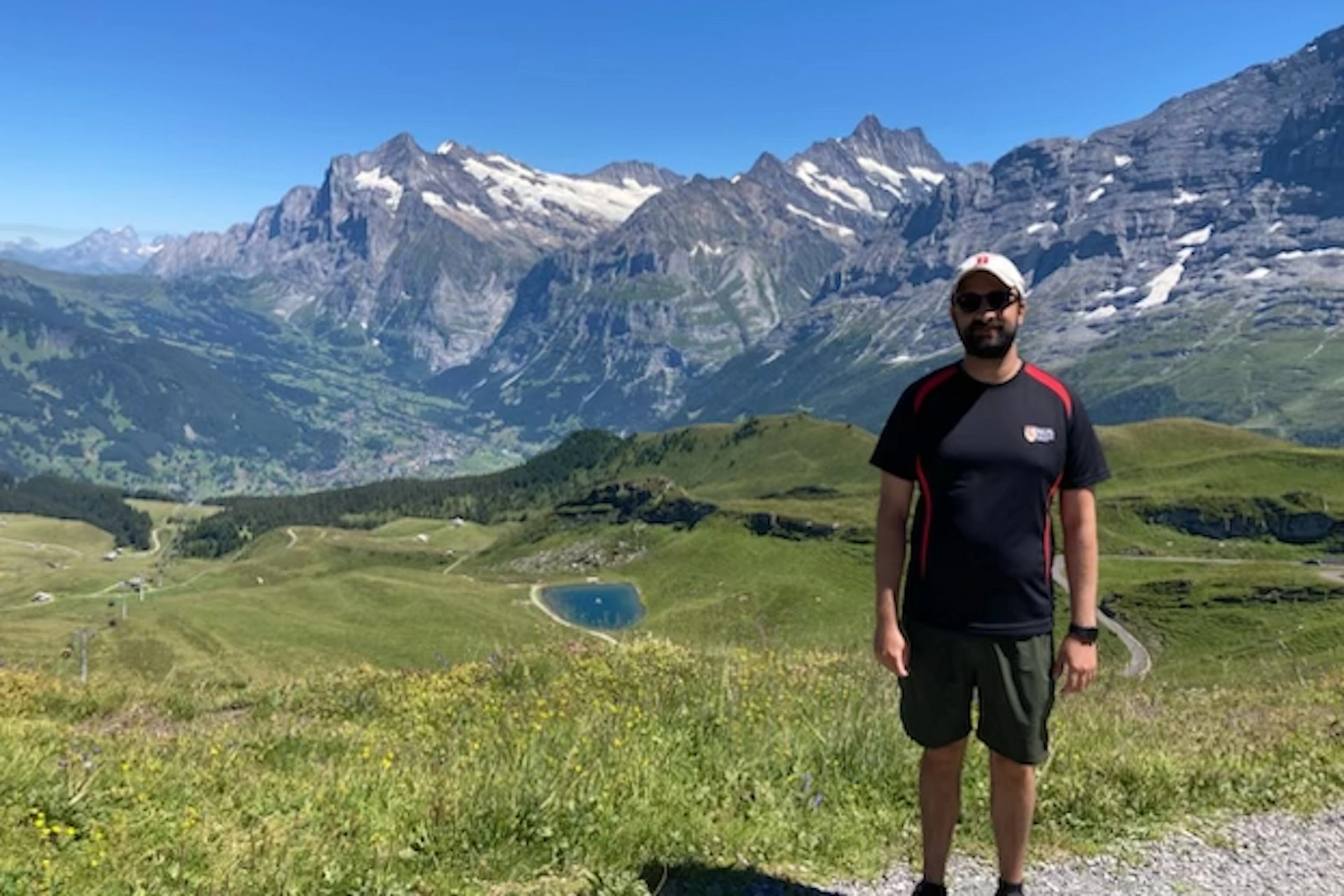

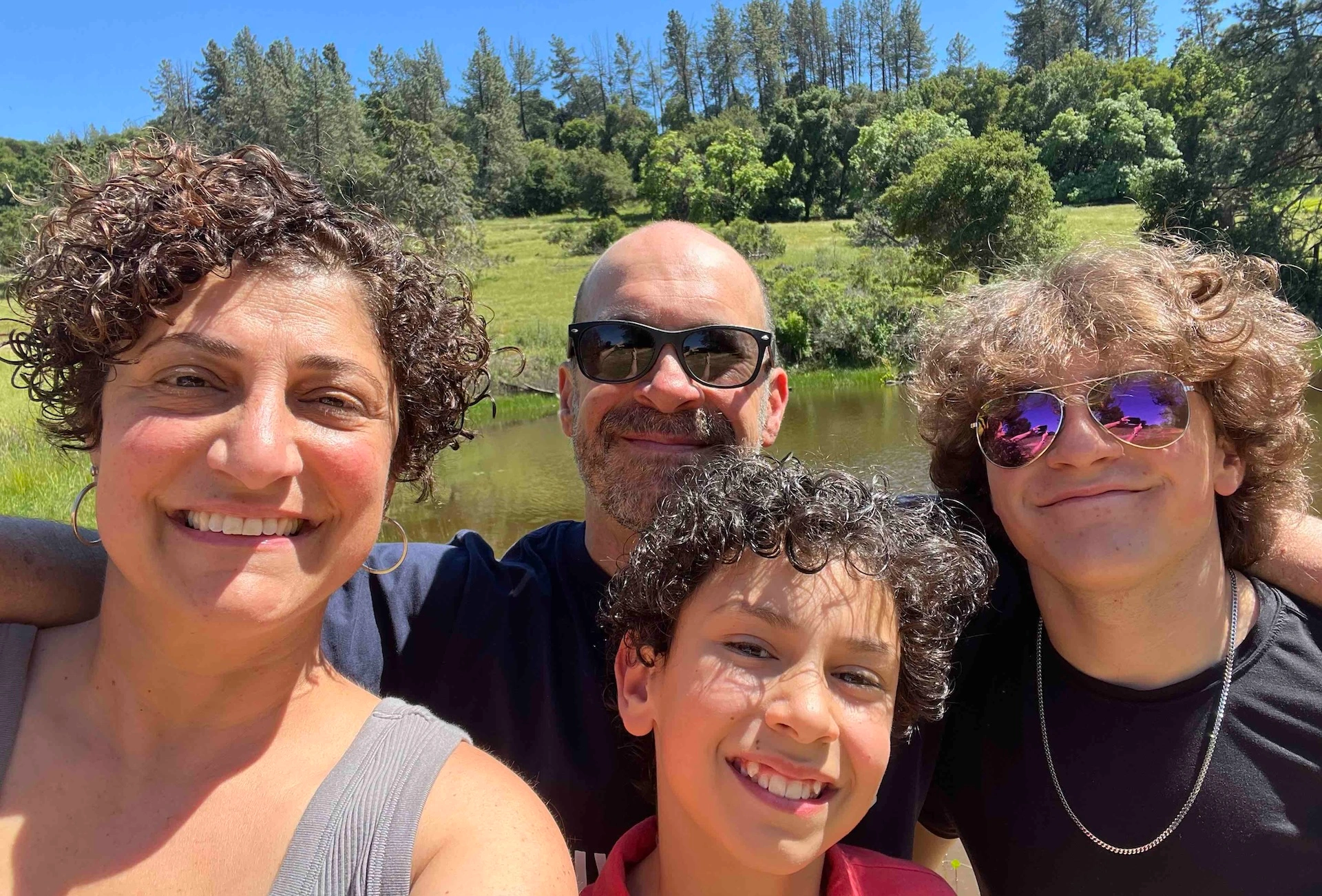
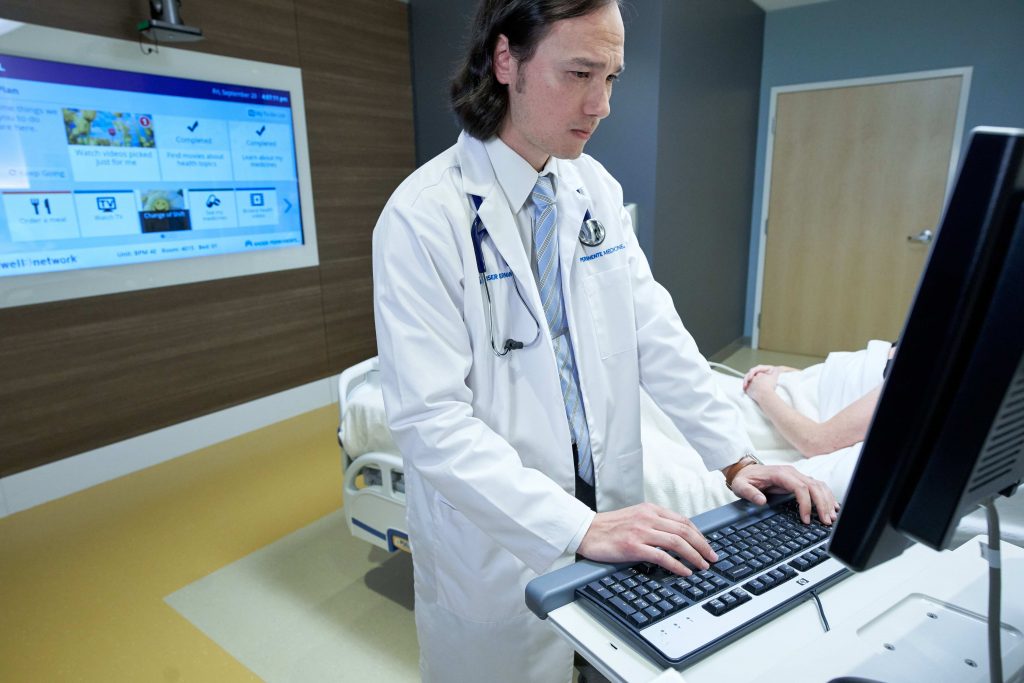

Comments (0)